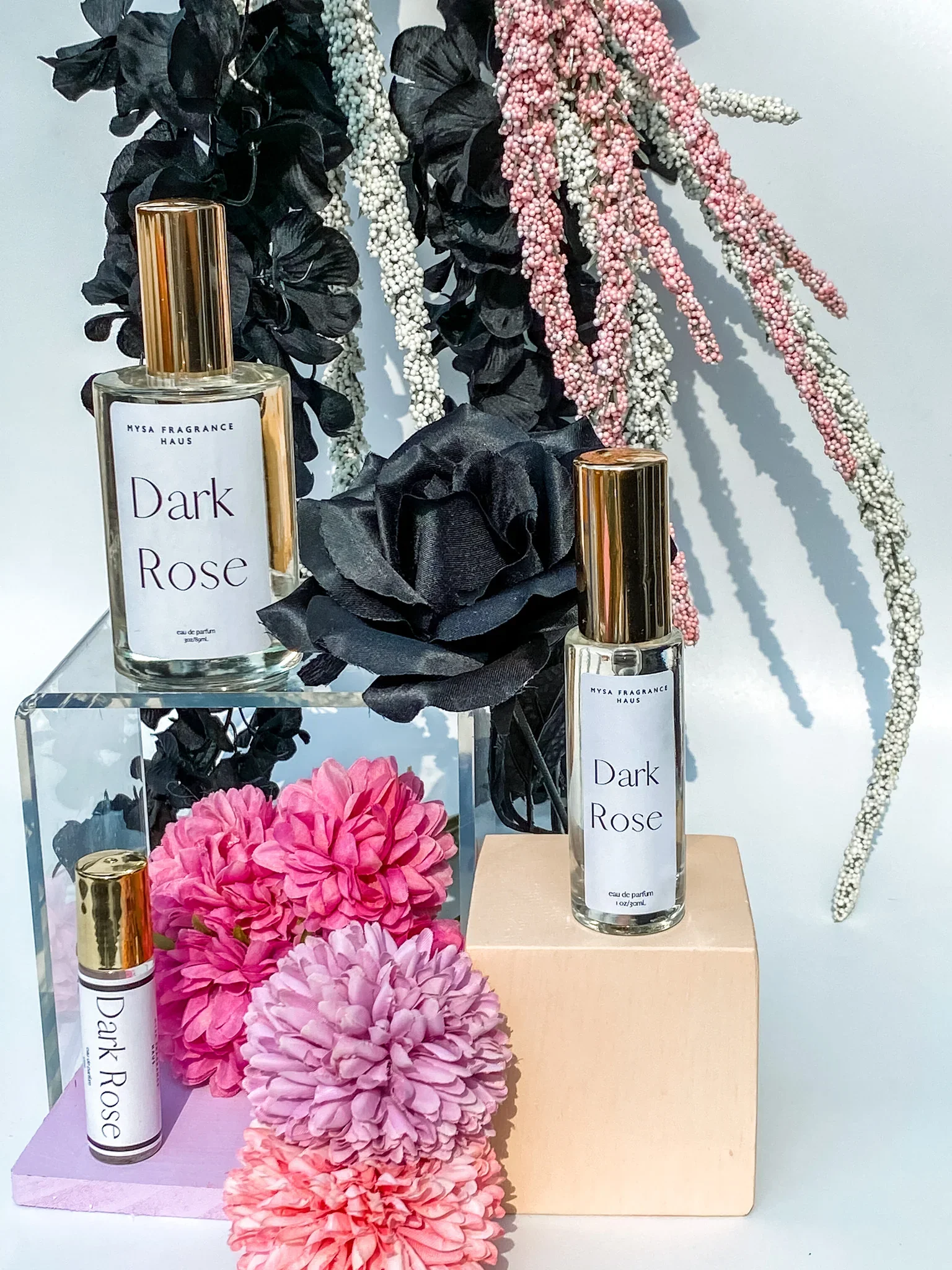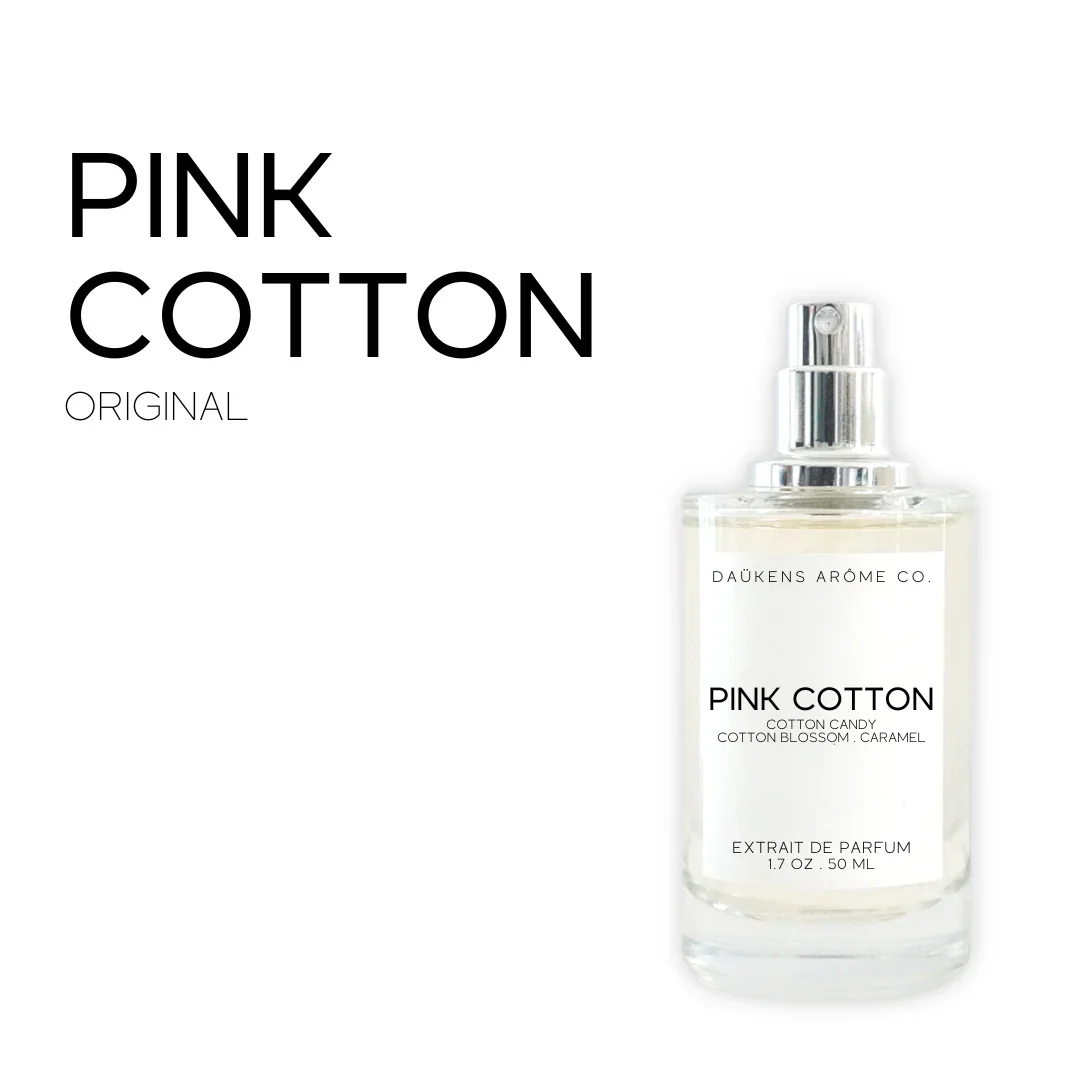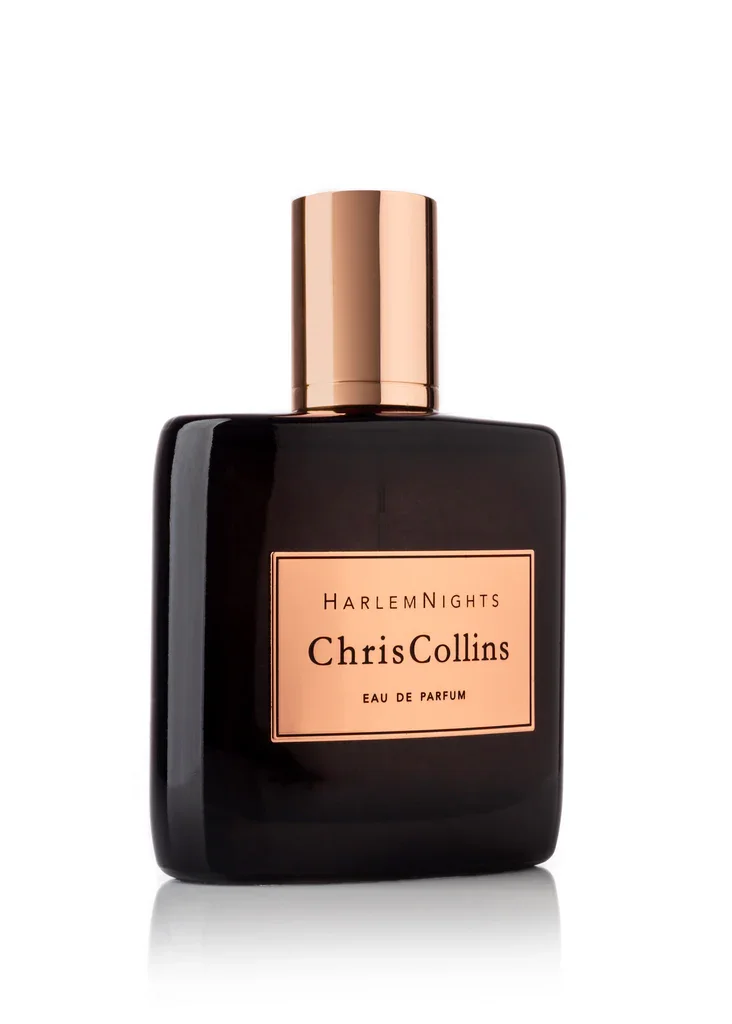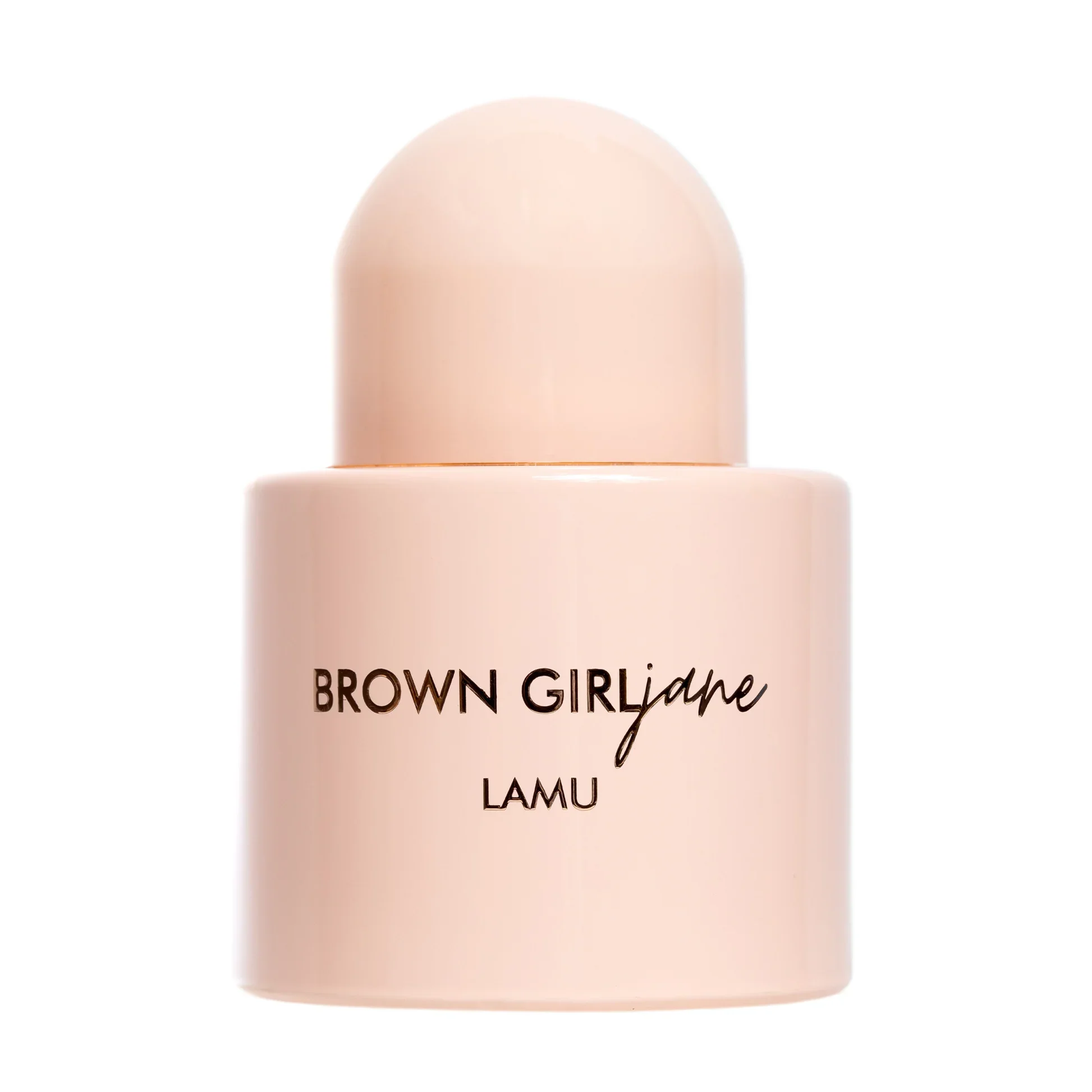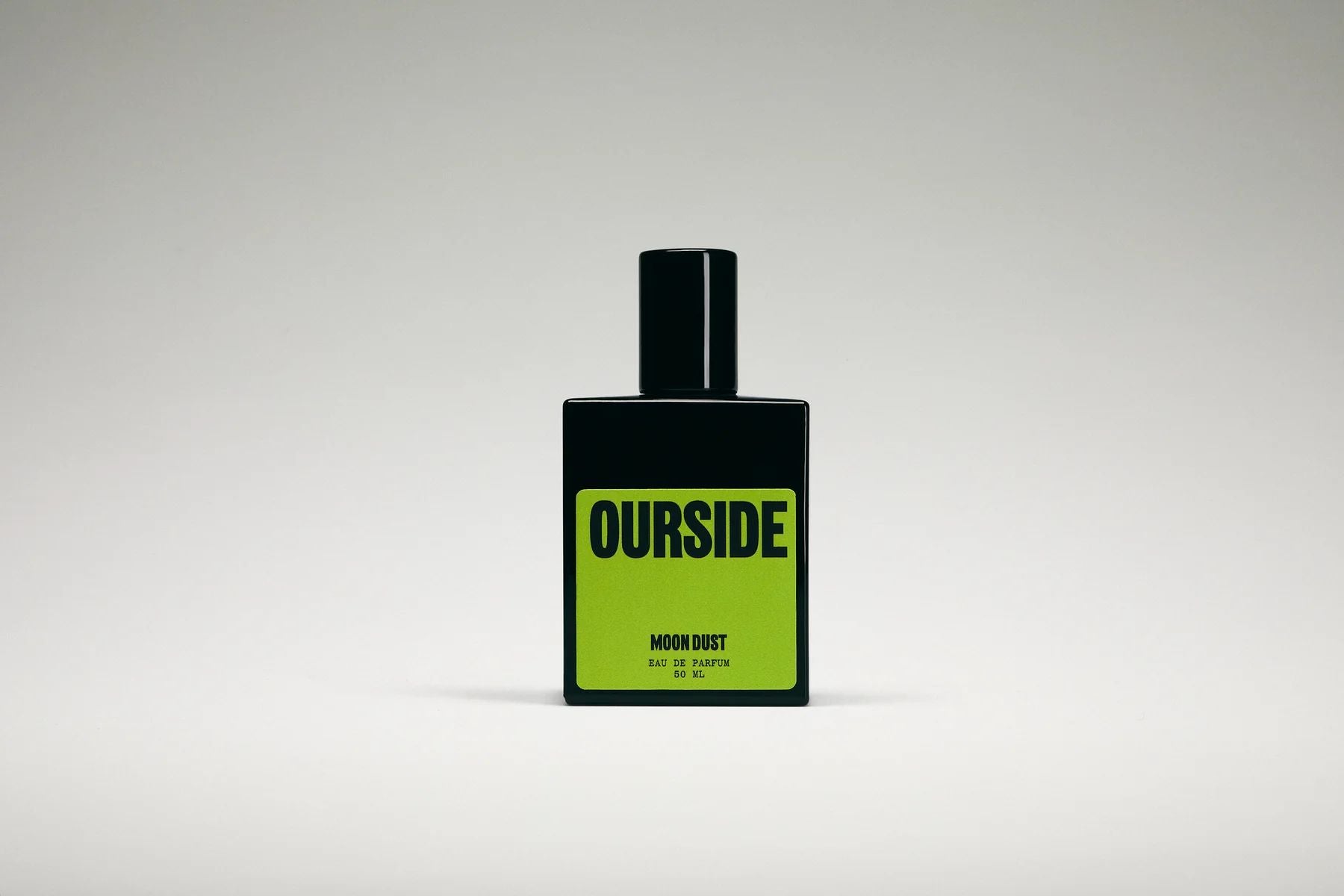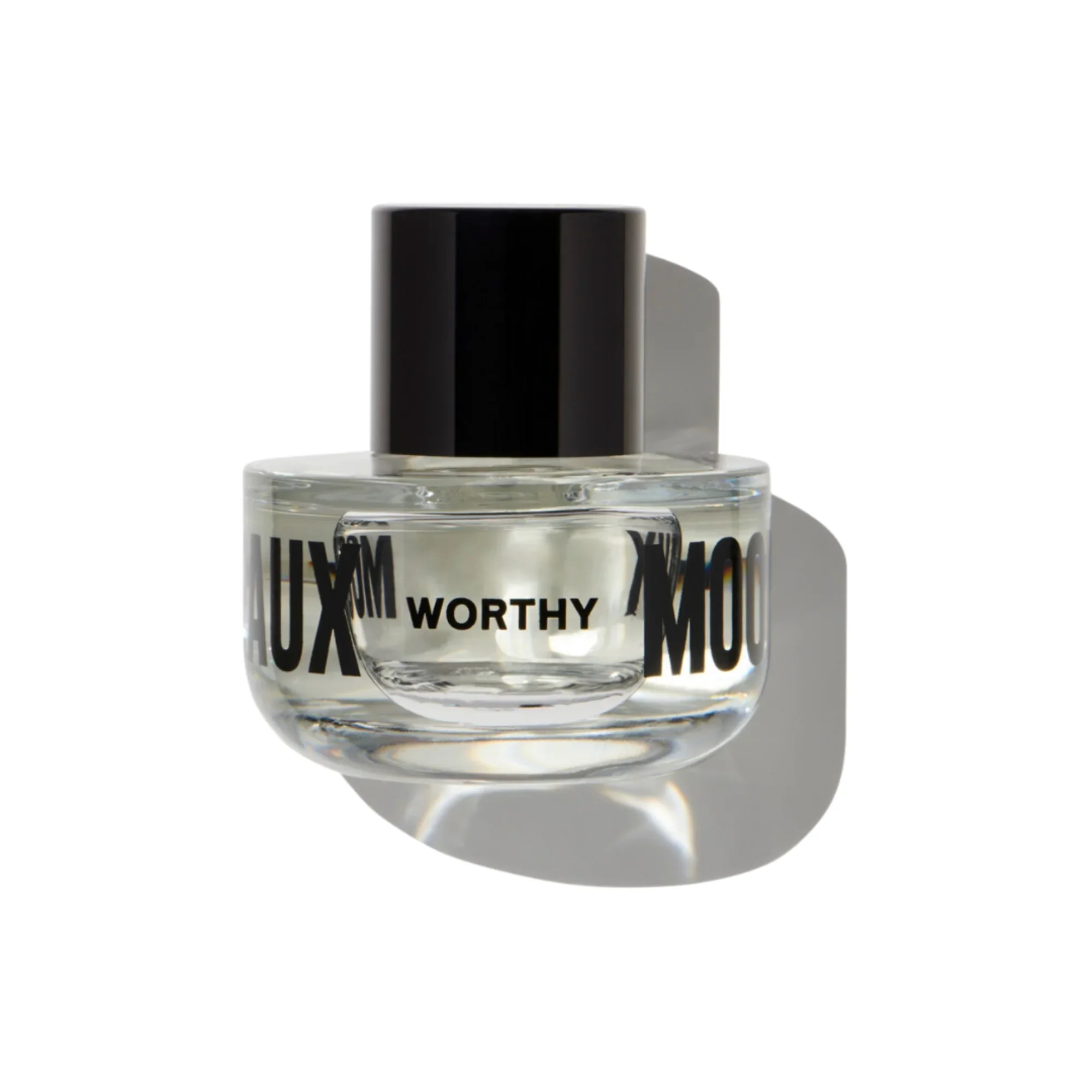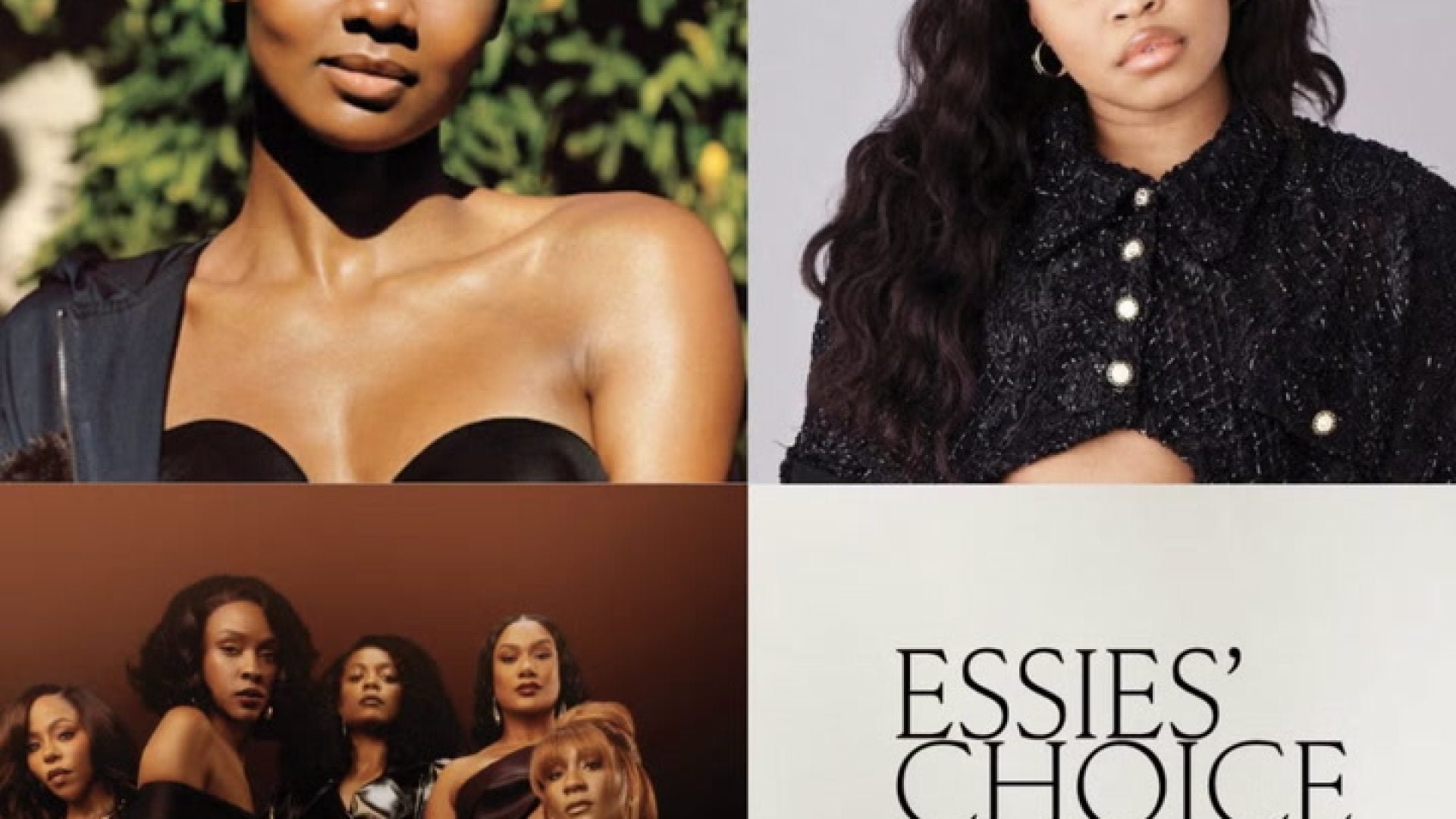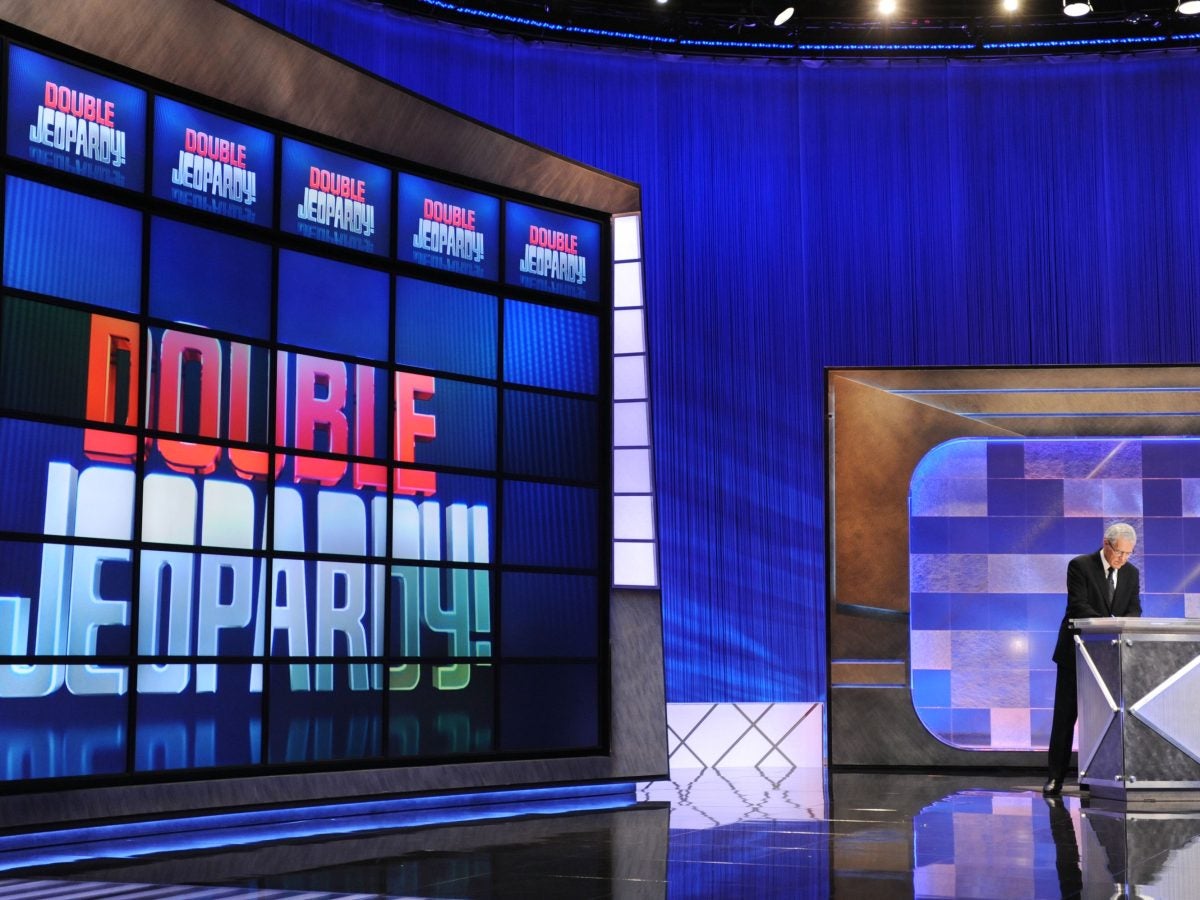
Watching “Jeopardy!” every night has been a long-held tradition in my family, and I’m not alone. According to The New York Times, “ratings for ‘Jeopardy!’ and ‘Wheel of Fortune,’ tops in the [game show] category, are among the most-watched programs in television — at least outside of live sports. Both attract around nine million viewers on a typical night, and generate tens of millions of dollars in profit each year.”
But in 1995, “Jeopardy!” fan Maya Angelou discussed how she was disheartened by the lack of diversity among contestants during an interview with PBS. “We have changed everything about this country – our very being here…And I turn on a program like `Jeopardy!,’ where quite often I am featured, or my name or some book I’ve written or some music I’ve written is the answer. And I see no black people on it,” said Angelou.
“I mean, I haven’t seen a black person for two years on `Jeopardy!’ . . . So I’m boycotting it, although I love it,” Angelou added.
The beloved game show first debuted on March 30, 1964. It’s been almost 30 years since Angelou’s remarks, and unfortunately since then, we’ve seen a resurgence of scientific racism, wherein proponents “argue that Black people fare worse than white people because they tend to be less naturally intelligent,” despite this myth being repeatedly debunked.
While official statistics on “Jeopardy!” contestant data and diversity are not available, as a Black woman, who’s always, in the words of Issa Rae, “rooting for everybody Black,” I know there haven’t been *that* many people that have looked like me.
And this Black History Month, ESSENCE had a chance to sit down with some former “Jeopardy!” contestants and hear their thoughts about what it meant to compete as a double threat, being both Black and smart.
Colby Burnett
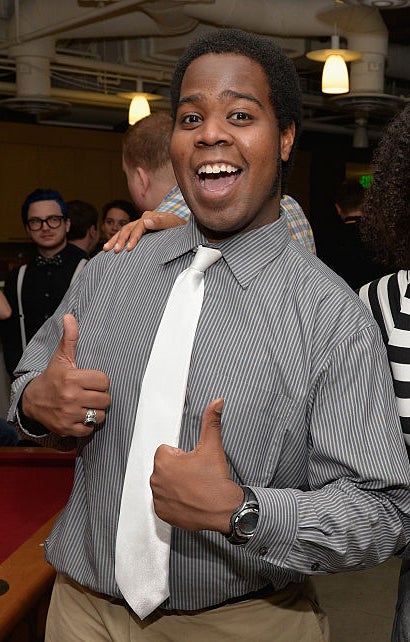
“The flip side of promoting Black excellence is that, should any of us do poorly, we don’t have the luxury of slinking back into obscurity. I never played ‘Jeopardy!’ just for myself. As an educator, I knew that I had to show out for my students and my school. As a Black man, I had to show out for the culture. As a son, I played with the intent of buying my mother a modest home to ease her into retirement. She had always instilled in me a strong belief of the importance of education. She sacrificed time, effort, and money ensuring I was successful in the most rigorous school environments. When I attend a social outing with my mother, I’m not some ‘Jeopardy!’ champion; I’m ‘Wilma’s son.’ I am a ‘Jeopardy!’ champion precisely because I am Wilma’s son.”
Folake Dosu
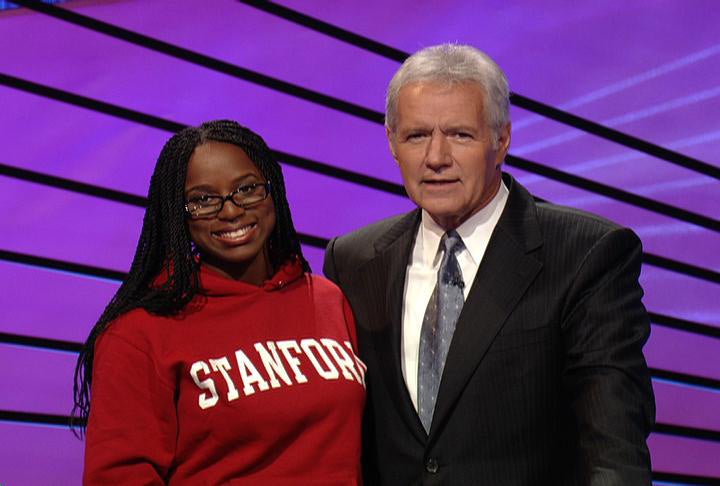
“Trivia was never trivial to me. I was so serious about ‘Jeopardy!’ from a young age and glued to the TV every weekday afternoon to play along. To this day, whenever I field the question ‘Have you ever thought about going on ‘Jeopardy!’, I get a kick out of the reaction when I reveal that I already have. Competing in the College ‘Jeopardy!’ Tournament during my senior year fulfilled a personal dream, but I also did it to make Black girl nerds visible and to normalize our presence in this arena.
Years later, I founded Trivia For The Culture, a Black pop culture team trivia events business, to combat the lack of representation at bar trivia when it comes to who’s playing and what’s being asked. Making a space where people can revel in the knowledge of Black culture and history is a literal game changer that creates joy and expands the narrative.”
Chris Pennant
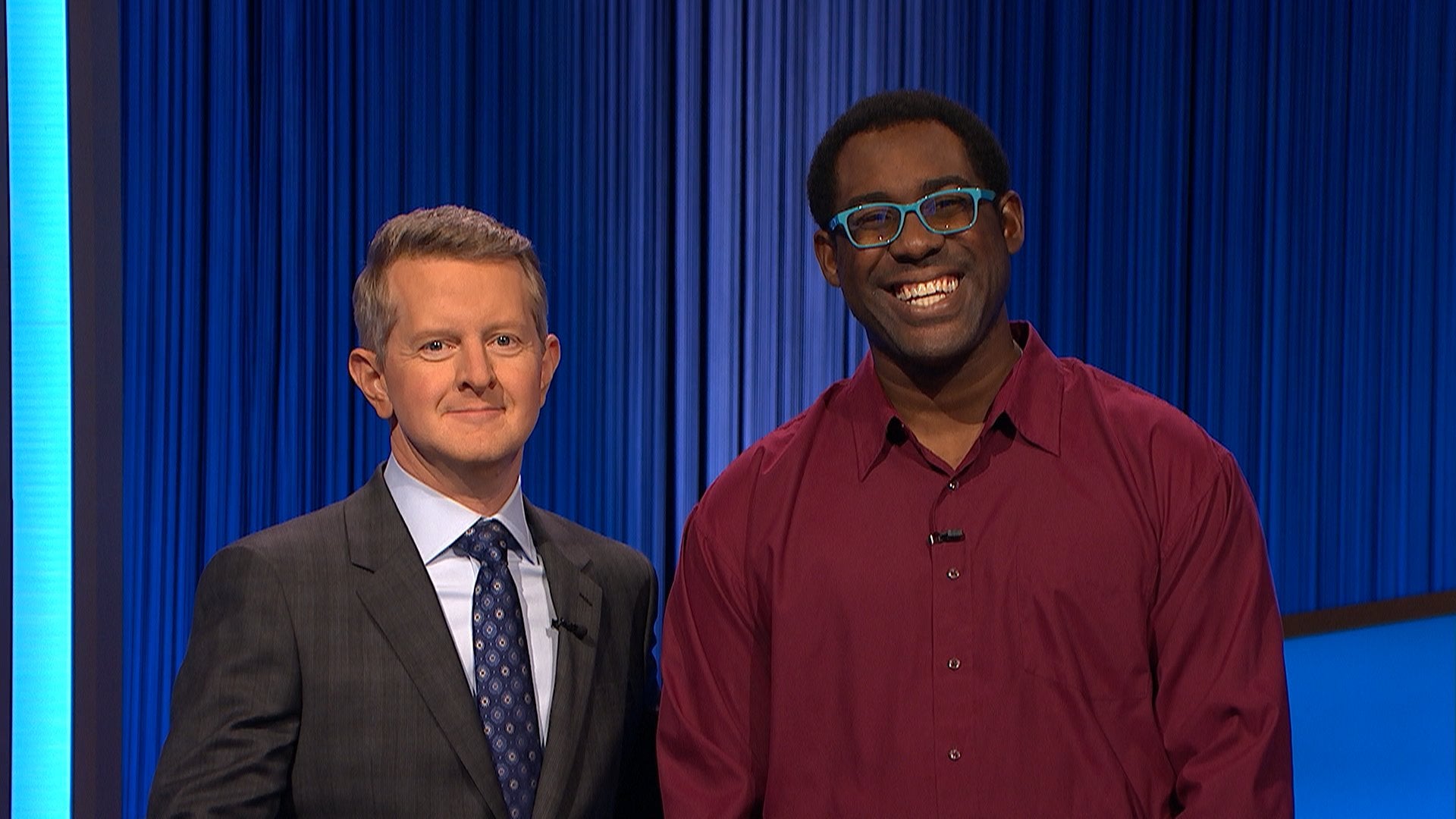
“I’d wanted to be on ‘Jeopardy!’ since I watched it as a child, and I can honestly say it never registered for me whether a contestant was white, Black, Latino or any other race. ‘Jeopardy!’ was a proving ground for intelligence and reaction time, and I wanted to prove I was as good or better. That’s why I joined Scholastic Bowl in sixth grade, why I was the only non-alternate seventh grader on Keller Magnet’s Academic Bowl team, and why I applied for the show every year in high school and college.”
However, I’m not blind. I don’t look like many ‘Jeopardy!’ champions. It reminds me of when I was in college and people saw me wearing a Bradley t-shirt. A tall, young Black man at Bradley would lead them to a self-assured query: ‘You play basketball there,’ I would — at first shyly, then with a hint of defiance — shoot back, ‘No, I play in the band.’
My presence in these spaces was unforeseen and announced loudly and with purpose: I am a smart Black man and I’m HERE. I took the ‘Jeopardy!’ test for my validation and my mother’s, and I’m eternally grateful she had the chance to see me win. But the representation is straightforward: when you see someone who looks like you doing something, you believe you can do it too.”
Randall Rayford
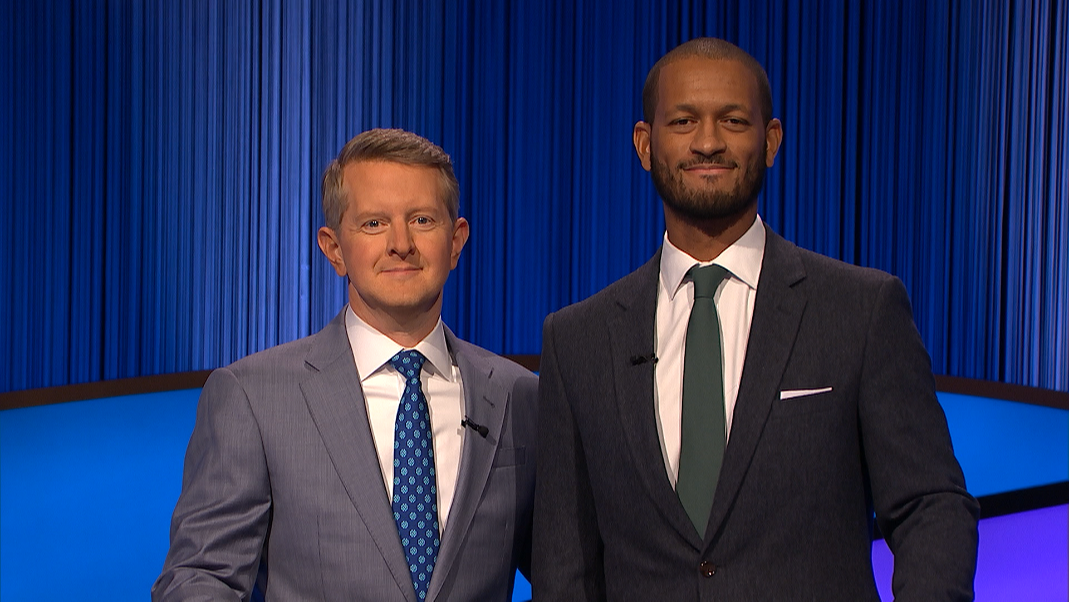
“I’ve been drawn to ‘Jeopardy!’ for as long as I can remember. I have fond memories of watching with my grandparents and them encouraging me as I would answer correctly. I quickly noticed how few contestants looked like me. Since then, I can’t help but root for any Black person on ‘Jeopardy!’ as I’m sure that’s the case for most Black people watching.
Growing up, I was constantly made aware, by both Black and white people, of my special status as a ‘smart Black kid,’ as if excelling at math and science, reading the encyclopedia for fun, or being a trivia-minded know-it-all were exceptions to the rule for boys and girls who looked like me. While I’m sure most adults were simply encouraging me to pursue the interests that made me happy, it always felt somewhat back-handed, and still bothers me to this day.
It only occurred to me during my second appearance that I was the only Black person among the contestants for that week. I never wanted to be on ‘Jeopardy!’ to make a statement as a Black competitor, only to prove to myself that I could compete with, and beat, the best of the best. Throughout my life I’ve been taught that anything that I do as a Black man in a traditionally non-Black space will reflect on myself and those who come after me. My hope is that my appearance, and others like me, will show young boys and girls of color that their intelligence, curiosity, and thirst for learning represent the rule, not the exception, and should not be treated as a novelty.”
Ashley Rayner
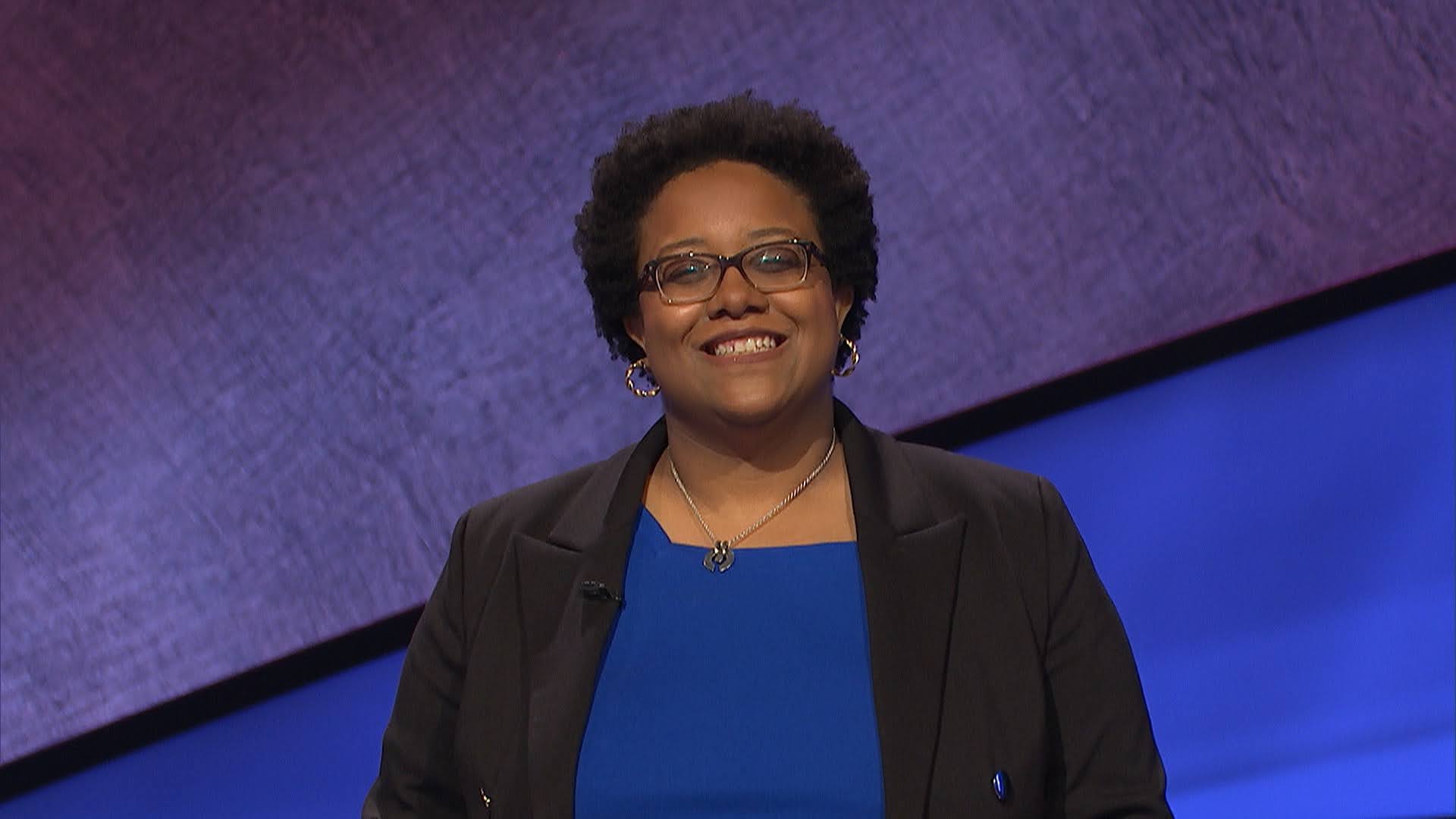
“I’ve been watching ‘Jeopardy!’ since I was a very small child. I spent a lot of time hanging out with my grandmother, Bettye Bonds. My Gran is from Memphis, Tennessee. She graduated from high school, married my grandfather, and had my mother in quick succession. And then she moved to Chicago, where she lives now. She helped me learn how to read at a young age and fostered my love of learning and trivia. We would watch ‘Jeopardy!’ and try to see who could get the most answers every single day. Because of her, I wanted to be on ‘Jeopardy!’ since I was eight years old.
I always noticed how the categories were mostly about white people. We knew that if an African American category appeared on the board, it would be the last category chosen, and many of the contestants would not know the answers. The show has definitely made efforts to make their questions more diverse, but I still feel that there is more work to be done. I’m a firm believer that representation matters.
My family always celebrated Black history and trivia, but I can imagine other ‘Jeopardy!’ viewers observing the lack of questions about Black people and surmising, subconsciously or otherwise, that trivia about Black people isn’t important, or that Black history doesn’t matter. When I watched with my Gran, we would always cheer for the Black people, shout out the answers for them in case they needed help, and celebrate their wins and losses. It’s amazing to realize that perhaps someone was doing the same for me when I was a contestant.”

